Vukovar still divided 15 years on
Monday, 27.11.2006.
12:51

Vukovar still divided 15 years on
Croatian officials have declared Vukovar, where the Yugoslav People’s Army, JNA, massacred hundreds of civilians in 1991 after capturing the city many Croats feel was a crucible of their independence.Marking the anniversary, Zarko Pavletić of the Croatian Society of Former Inmates of Serb-Run Concentration Camps, said, “This was a place where five-year-olds went gray and 20-year-olds grew old. The foundations of independent Croatia were established here.”
But despite a series of war crimes prosecutions in Serbia, in Croatia and before the International Criminal Tribunal for the Former Yugoslavia in The Hague, a deeper sense of reconciliation has failed to take root. The ethnic communities remain separated by mistrust, divided institutions and disappointment over the process of achieving some kind of justice.
“Justice can be served, but the pain will not go away,” said Marija Molnar, a reporter with Croatian Radio in Vukovar, summarising the responses she got when she recently interviewed residents of this city on the 15th anniversary of Vukovar's fall into Serb hands.
A Croat returnee who wished to remain anonymous added, “There can be no justice, because people’s hearts and souls have been stained forever with this crime.”
Before the war, Vukovar, located in Eastern Slavonia on the river Danube, had a population of 84,000, relatively evenly mixed - 44 per cent to 37 per cent - between Croats and Serbs.
The battle for Vukovar raged from August 25 to November 20, 1991, and resulted in the seizure of the town by the largely Serb JNA. There was massive destruction as Yugoslav troops surrounded the city and bombarded it with thousands of shells, destroying houses, churches and other civilian sites. Around 15,000 civilians were defended by 1,800 Croatian fighters.
According to data from the Vukovar hospital, 1,624 people were killed and 2,557 people were wounded over the course of the fighting. After the city fell, many civilians were taken to camps in Serbia, where they suffered torture, rape and murder.
The authorities in Zagreb estimate that 22,000 Croats and other non-Serbs were expelled from the Vukovar region in the aftermath, with 500 people still unaccounted for. The signal crime was the massacre of around 300 sick and wounded, taken from the hospital and executed on the nearby Ovčara farm.
Yet despite the importance of Vukovar – in its way a precursor to the siege of Sarajevo – the charge sheet has been limited.
The main case is that of the “Vukovar three” in The Hague, in which former JNA senior officers Mile Mrksic, Veselin Šljivančanin and Miroslav Radić have been charged with crimes against humanity. The case, originally filed in 1997, has been in trial since 2005, and the defense case is under way. A fourth defendant, Slavko Dokmanović, was earlier added to the case, but committed suicide in custody.
In 2005, Belgrade’s Special Court for War Crimes convicted 16 on charges related to the 1991 execution of patients and civilians taken from the Vukovar hospital.
Also, the Vukovar County Court has issued indictments against 235 people suspected of committing war crimes. A total of 51 have been convicted, but only seven have served time in prison, because most are still at large.
Although many of the war crimes suspects have been brought to justice, Vukovar’s citizens are unaware of the fact, Molnar said, adding that most people are too preoccupied with their day-to-day struggle to make ends meet to worry about justice being served.
“In Vukovar, one has to make an enormous effort just to survive”, said an anonymous Croat returnee, adding that the authorities “shouldn’t have forced us to return to this city”.
Molnar also noted that despite the relatively high number of war crimes cases that have been prosecuted, new indictments are still being issued 15 years after the fact.
Recently, the Belgrade-based Humanitarian Law Centre filed charges against the Serbian state, claiming damages on behalf of 19 Croatian citizens from Vukovar - women and children who were taken to prison camps by the JNA in November 1991. The centre estimates that up to 5,000 people could make similar claims.
International experts argue that the weight of these cases has firmly established the truth. “The story has been laid out in the Vukovar case, and it has been recognized as criminal. No one can misunderstand what happened there,” said a former member of the prosecution team who asked not to be named.
Yet no charges have been brought over alleged massacres at the Velepromet storage facility and other locations, which some insist were even worse than those at Ovčara. Some Croats are angered that no charges of genocide – which they believe took place – have ever been brought.
“There is no difference between Vukovar and Srebrenica other than the number of people killed,” said Professor Dražen Živić, a sociologist from Zagreb who recently organised a conference on the legacy of Vukovar.
Part of that legacy still confronting Vukovar is the structure of divided institutions left over from the United Nations’ long-term intervention in the area. After Croatian forces re-conquered Serb enclaves in 1995, the area was re-integrated into Croatia through the so-called Erdut agreement, reached with international mediation. While that accord expired two years ago, many of its provisions, such as separate schooling for Croat and Serb children, remain in place.
Incidents involving Croats and Serbs occur regularly, and public spaces have become identified not by the services they offer but by the ethnicity of those who gather there. Even coffee shops are identified as Serb or Croat.
Over the course of the recent commemorations, the main street in the city was lined with flickering candles, in a ceremony which resonated throughout a country where every major city has its own Vukovar Street.
A museum has been opened in the hospital, where visitors can watch video clips of the siege and fall of the city, and the attacks on the hospital itself. On the walls are embossed the names of the wounded and sick who were taken away and executed at Ovčara.
But the commemorations were marred by provocations. Ten days before the anniversary, a set of rosary beads were stolen from the Ovčara memorial. As Croatia is largely Catholic, religious symbols such as beads, holy medals and figurines are regularly left at the mass grave site.
Family members who had visited he site begged tearfully for the rosary beads to be returned because they were “the only thing that remained of their loved ones”. The beads, they said, had been found among the corpses of those killed at the farm.
The police launched an investigation, and the media trumpeted the story, driving home the sense of mistrust.
Croatian president Stipe Mesić lit a candle of remembrance at the Vukovar ceremony, and suggested through the press that Serbian president Boris Tadic come to Vukovar, too. There was no official response from Belgrade, and many Croats met the idea with derision.
“Reconciliation has to come from within, and cannot be enforced from outside by inter-state agreements,” said Professor Živić. Vukovar needs a sense of renewal, including economic development, he said. The infrastructure has still not been restored and unemployment is estimated at 40 per cent.
Živić argues that a real change in climate must be led by a “spiritual and moral act from the Serbian side”. The Serbs of Vukovar, he said, must finally accept that their future lies in Croatia, while being allowed to develop their identity without being ghettoised.
Yet Croats themselves are divided over Vukovar. An unseemly quarrel has erupted over who were the true defenders of the city. While it is widely understood that less than 2,000 Croatian fighters were involved in holding off the JNA, the official list of Vukovar defenders extends to 7,500.
If there is a test-case for reconciliation 15 years after the Balkan wars, Vukovar is it, and the results are disappointing.





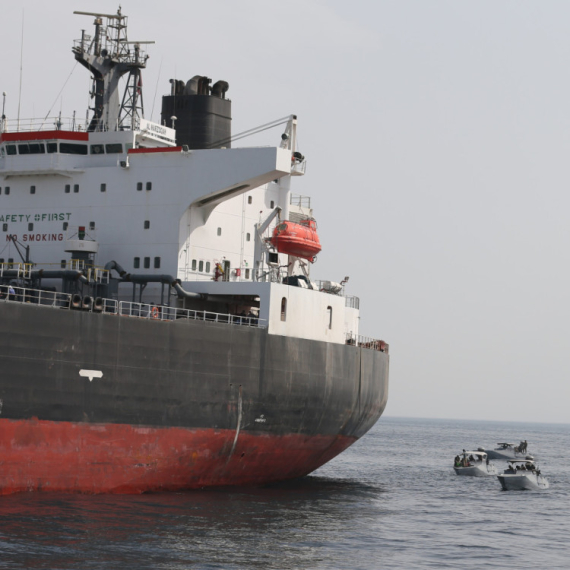




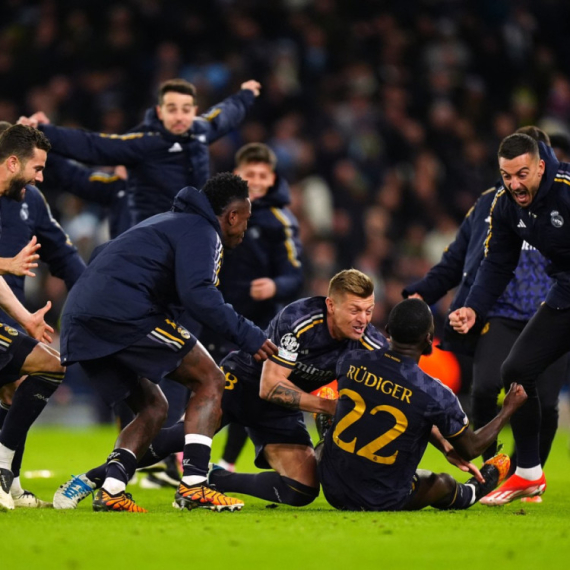

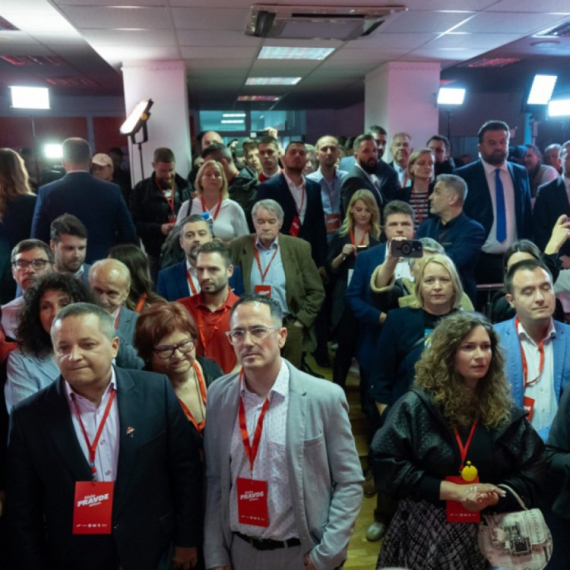
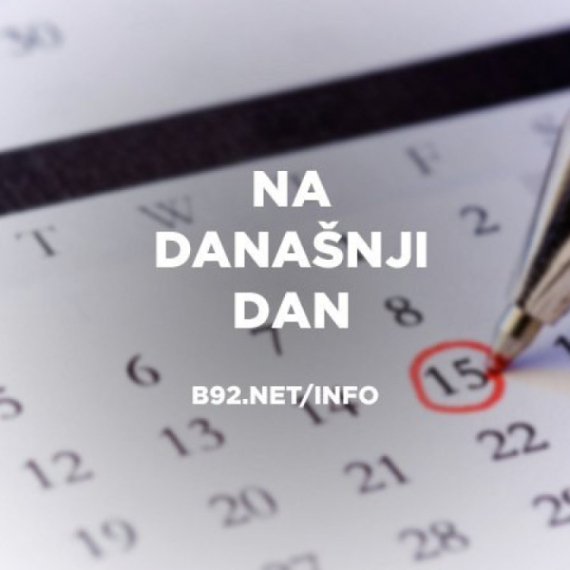
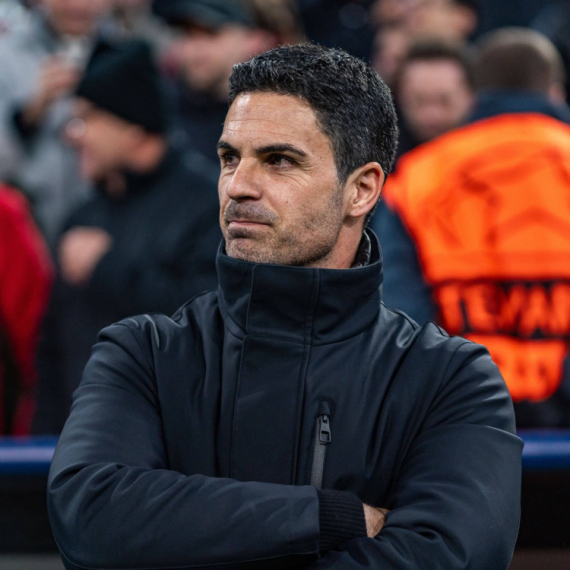
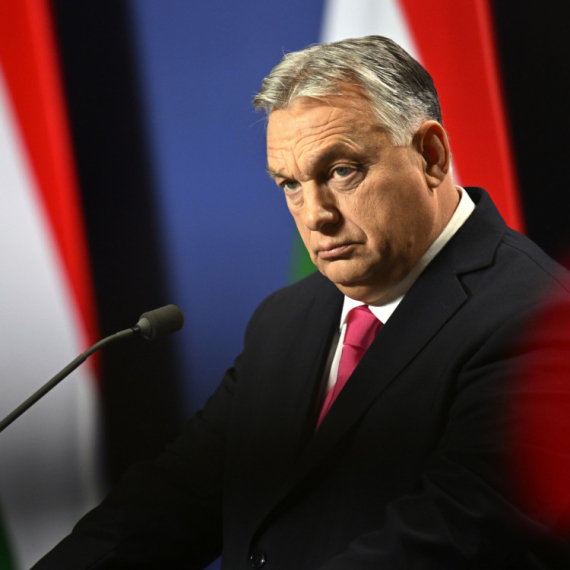
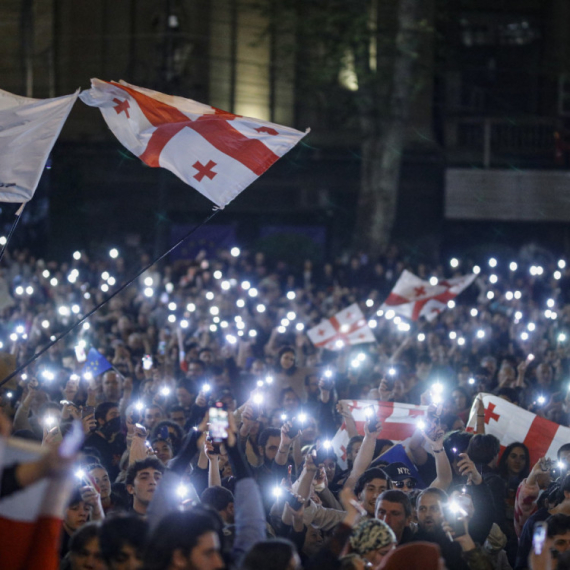



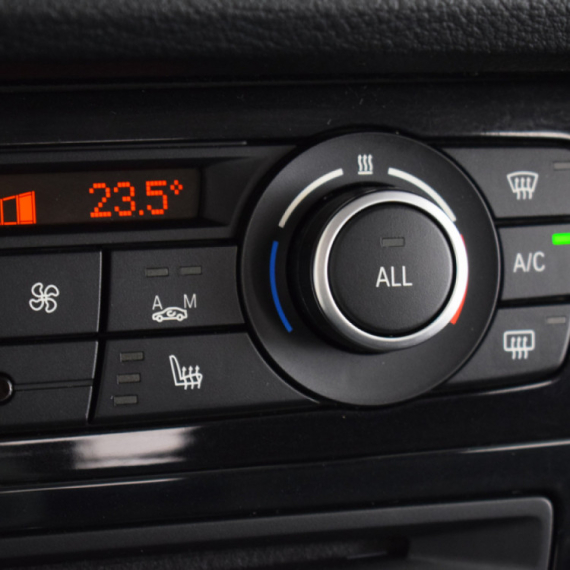
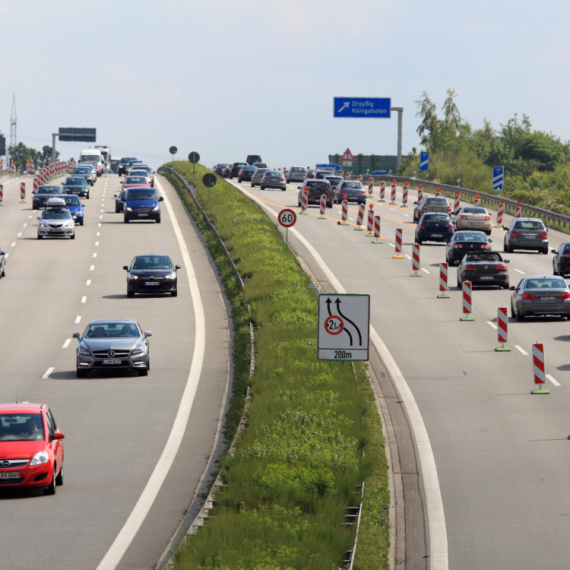
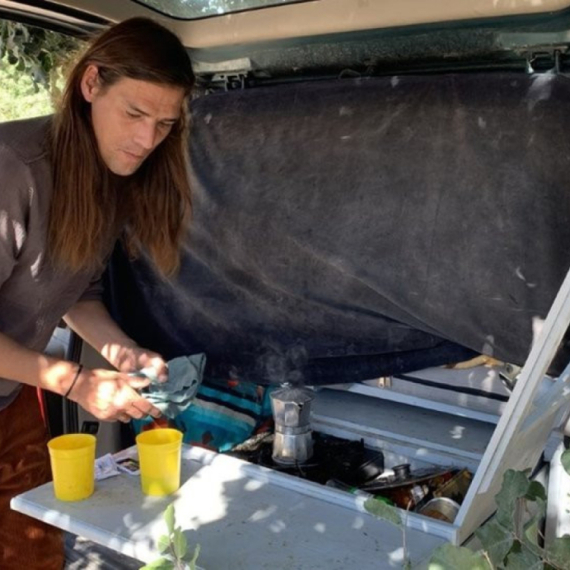
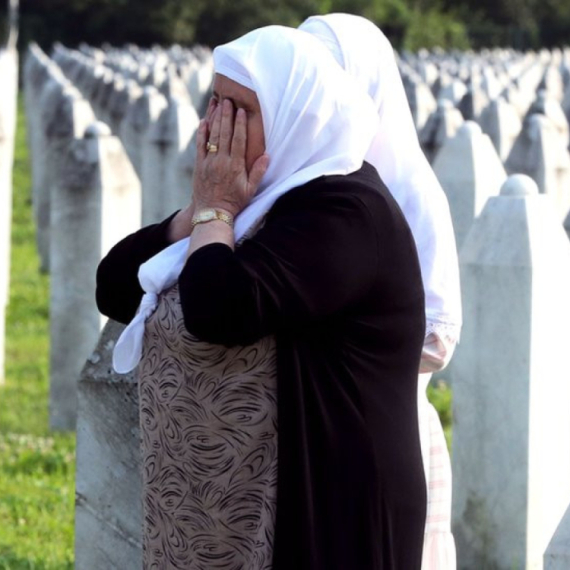
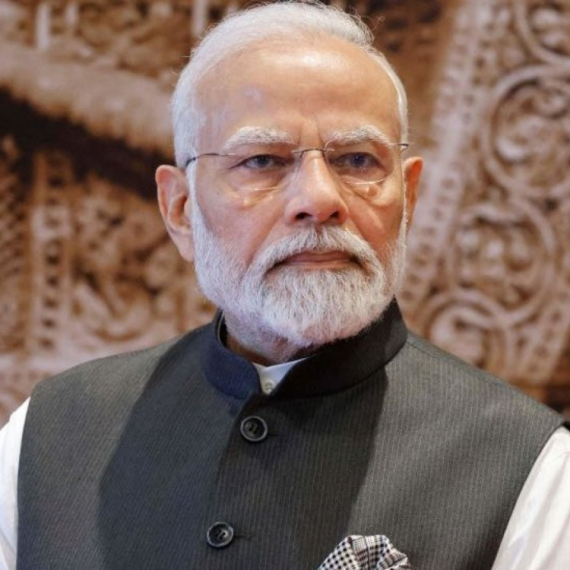
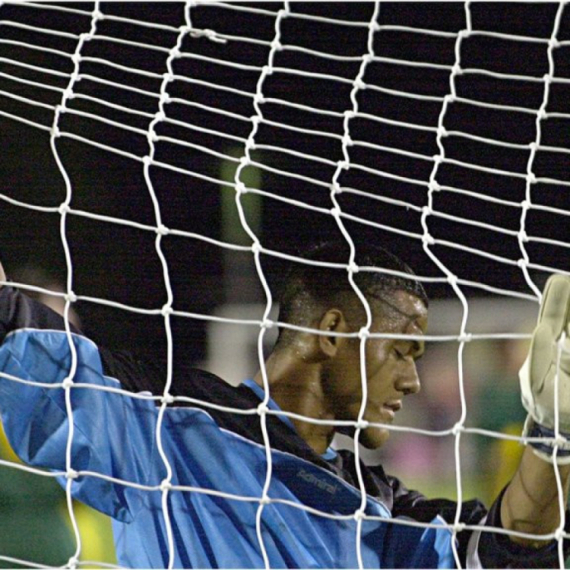
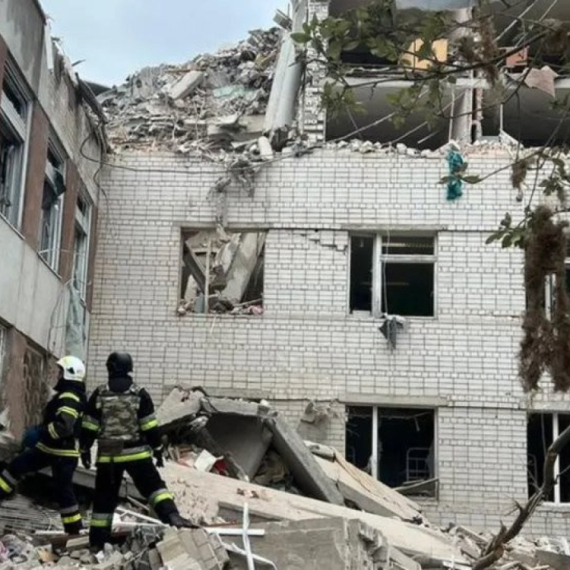

Komentari 2
Pogledaj komentare